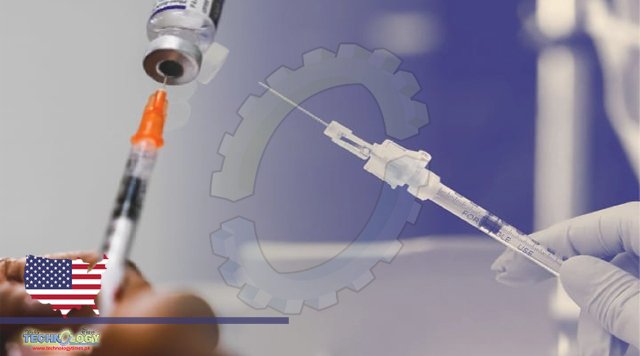New covid booster, Joe Gonzales, 37, said he knows there’s still a risk of getting covid — he believes he was infected with the virus this summer. But after getting two doses of the vaccine, the Flower Mound, Tex., man doesn’t understand why he needs the third and fourth “booster” shots urged by federal health officials.

Gonzales’s lack of urgency typifies the view of many Americans, worn down by a never-ending pandemic and unsure about next steps as the nation enters its third covid winter. Some have stopped paying attention to health officials’ recommendations altogether, despite projections of a fall and winter wave with the potential to sicken millions and kill tens of thousands, particularly the elderly and sick. About half of Americans say they’ve heard little or nothing about the shots, according to a recent tracking poll by the nonpartisan Kaiser Family Foundation. new covid booster, “We have got to explain the value of these vaccines for the American people why this is probably the single most important health intervention they can make right now to protect themselves and their health for the next three to six months,” Ashish Jha, the White House’s coronavirus coordinator, said in an interview. Federal officials have spent the past year urging Americans to get booster shots to bolster their protection against the coronavirus, which wanes over time. In early September, they rushed out the first new shots — reformulated to target the still-dominant omicron variants — to give people time to get inoculated before a likely cold weather surge, when respiratory infections increase as people head indoors, and recommended that all Americans 12 and older receive a third and fourth dose of vaccine. new covid booster, But the campaigns have lagged badly. Only about 105 million U.S. adults — roughly 40 percent — have received the third shot of vaccine initially offered a year ago, according to federal data, a far lower rate than countries like the United Kingdom, where more than 70 percent of adults have gotten a third dose. That figure is also well behind the 200 million U.S. adults who completed their primary series of shots. Early data shows that just over 11 million Americans or about 4 percent of those eligible — have received the new bivalent booster shots. A third of adults say they eventually plan to get those shots, according to KFF polling.
For public health leaders, the low booster rate is startling in a nation that financed the shots’ development, offers them free and touts them as the best way to protect against a virus that has already claimed more than 1 million lives in this country. new covid booster, The lagging booster rate is also blamed as a major contributor to the high covid mortality rate last winter and the continuing deaths of more than 400 Americans on average per day linked to the virus, according to The Washington Post’s coronavirus tracker. An analysis by the Commonwealth Fund, an independent research group, forecasts that more than 75,000 lives might be needlessly lost if the fall booster campaign comes up short, Eric Topol, a professor of molecular medicine at Scripps Research Institute in San Diego, blamed federal agencies for being too cautious and sending mixed messages. “Obviously, there’s been a lot of missteps [in the government’s response],” he said. “But to me, this is the most important one: When you have people who were willing to get two shots, and then you lose them to not get a third, or a fourth, or fifth, it’s a travesty. These are people who are willing to get vaccinated.” Federal officials privately acknowledge mistakes in last year’s initial booster shot rollout. After Biden announced in August 2021 that every American adult should get a booster shot in the fall, some advisers and experts at the Food and Drug Administration and the Centers for Disease Control and Prevention raised concerns that the decision appeared to have been made before they had fully reviewed the data. Some public health experts outside the government, meanwhile, argued two doses of vaccine were sufficient to protect most people.
Source: This news is originally publishe by washingtonpost